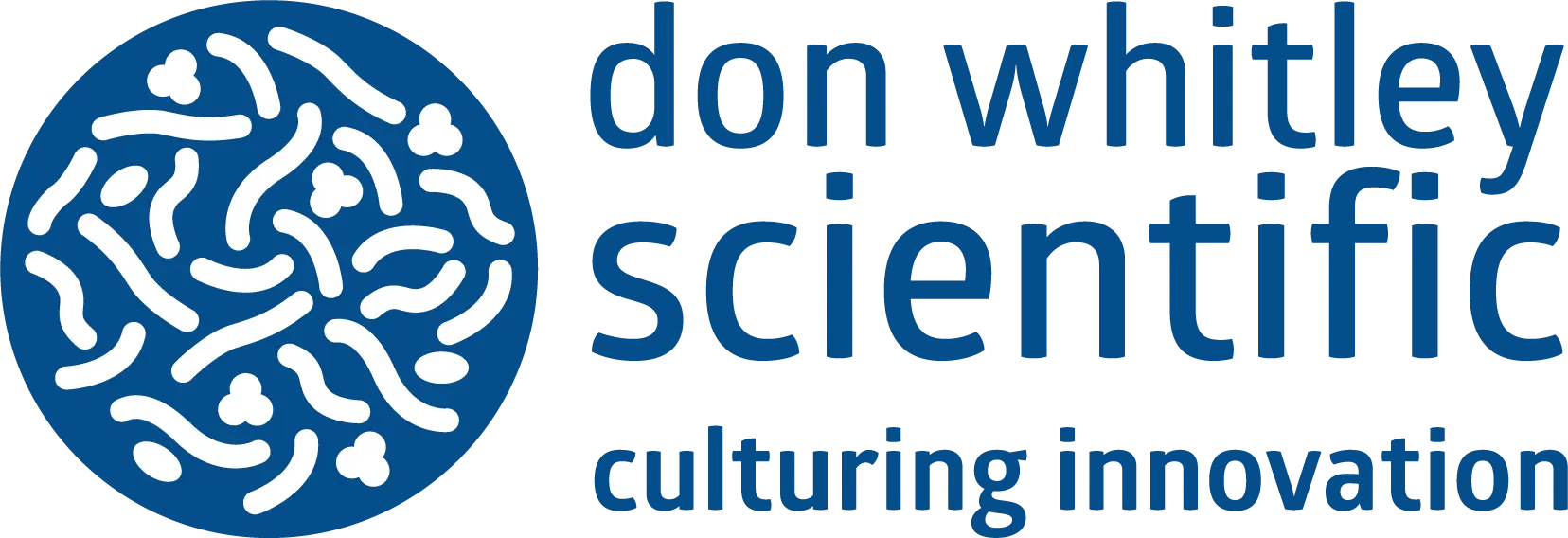
Thanks to two new oxygen-regulating laboratory cabinets (Whitley H45 HEPA Hypoxystations), researchers at the University of Antwerp can now more accurately study the development of tumours through mimicking the development of a tumour in the human body.
The Centre for Oncology Research (CORE) of the University of Antwerp is able to study the influence of oxygen deficiency on the development of cancer thanks to the cabinets; a study which is unique in Belgium. “Tumours are characterized by a lack of oxygen due to their rapid growth and poor circulation,” explains Prof. Evelien Smits. “This oxygen deficiency strongly benefits cancer cells, which, unlike normal cells, can continue to divide with very little oxygen. The importance of this oxygen deficiency was underlined last year by the presentation of the Nobel Prize in Medicine to the three researchers who discovered how cells respond to this.”
In the hypoxic workstations, the researchers will be able to very accurately imitate the interior of a tumour in the human body. CORE has two workstations, so that different oxygen levels can be studied simultaneously. The investment enables high-tech pioneering research in various cancer types, without the need to use laboratory animals.
Acceleration
Oxygen research can accelerate the development of new cancer treatments. “It is becoming increasingly clear that oxygen deficiency is an important factor in resistance to current and new cancer treatments,” says Prof. An Wouters. “We have to take this into account, for example when developing immunotherapy. With the new cabinets, we can now also set up advanced cycles of oxygen, just like in the tumour itself, where oxygen is alternately available both less and more. ”
Text translated from original Flemish article on www.hln.be


 au
au

 English
English